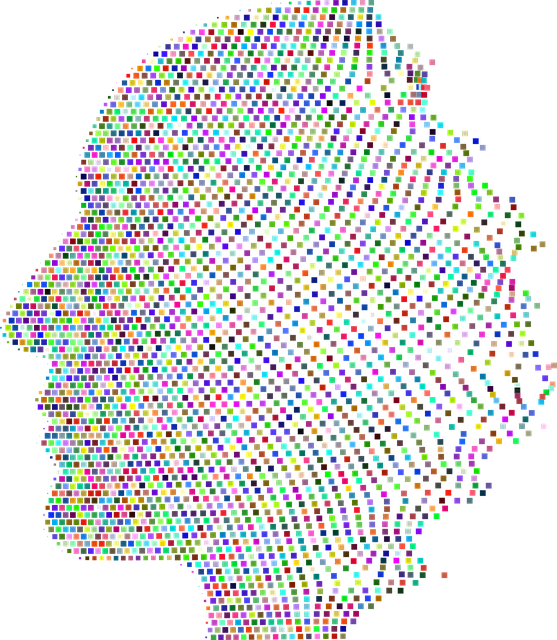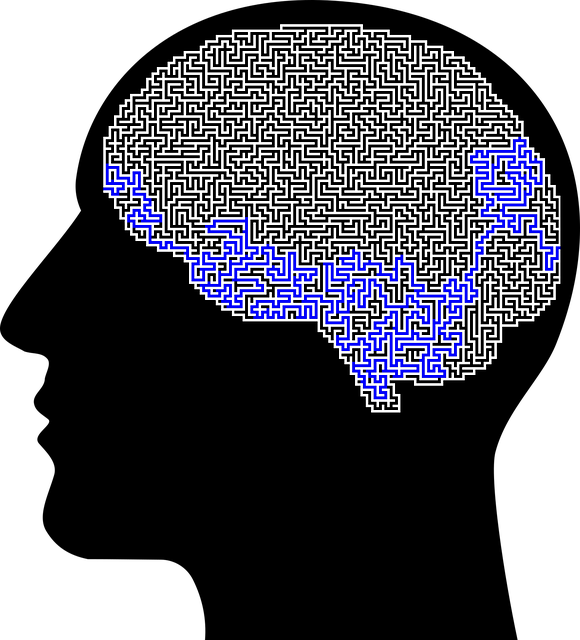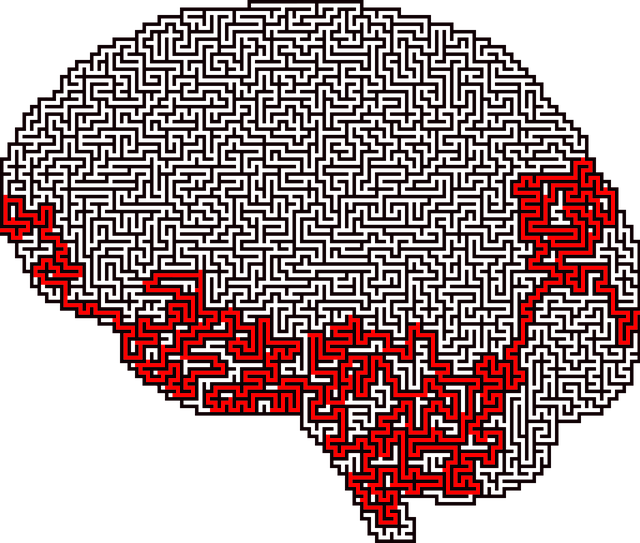Mental wellness self-assessment tools incorporating Golden American Sign Language (GASL) Therapy offer a revolutionary approach, especially for deaf or hard-of-hearing individuals. This method uses non-verbal communication to enhance access to mental health services and cultural sensitivity. Combining ASL with mindfulness meditation techniques improves emotional regulation, stress management, and self-esteem. User-friendly tools that include GASL assessments comprehensively evaluate mental health, addressing burnout prevention. By bridging the gap for diverse communities, these tools ensure inclusive care tailored to individual needs, fostering better self-care and holistic mental wellness. Integrating user feedback is key to continuous improvement and relevance.
Mental wellness self-assessment tools play a pivotal role in promoting individual awareness and fostering proactive mental health management. This article explores the development of such tools, focusing on the unique contributions of Golden American Sign Language (ASL) therapy. We delve into key components for effective assessments, emphasizing accessibility and inclusivity. Furthermore, we discuss strategies for integrating feedback to ensure continuous improvement, highlighting the importance of professional sign language therapy in creating comprehensive mental wellness resources.
- Understanding Mental Wellness Self-Assessment Tools
- The Role of Golden American Sign Language Therapy in Development
- Key Components for Effective Self-Assessment Tools
- Creating Accessible and Inclusive Assessment Strategies
- Integrating Feedback and Continuous Improvement
Understanding Mental Wellness Self-Assessment Tools

Mental wellness self-assessment tools play a pivotal role in empowering individuals to take charge of their mental health and well-being. These tools are designed to help people gain insights into various aspects of their psychological state, including emotions, thoughts, behaviors, and overall functioning. By providing a structured framework for self-reflection, they facilitate the early identification of potential issues and promote proactive measures for improvement.
One such innovative approach is the integration of American Sign Language (ASL) as a means of enhancing mental wellness assessments, particularly for deaf or hard-of-hearing communities. The Golden American Sign Language Therapy model offers a unique perspective by utilizing non-verbal communication to explore and express inner experiences. This method can be invaluable in improving access to mental health services and promoting cultural sensitivity. Additionally, incorporating mindfulness meditation techniques alongside self-assessment tools can enhance emotional regulation, stress management (a key area of focus), and self-esteem improvement, thereby fostering holistic mental wellness.
The Role of Golden American Sign Language Therapy in Development

The integration of Golden American Sign Language (GASL) therapy into mental wellness self-assessment tools is a pioneering approach that has gained significant attention in recent years. GASL offers a unique and powerful method to enhance communication, especially for individuals who are deaf or hard of hearing, which can be a vital aspect of overall mental health support. By employing sign language as a therapeutic tool, these assessments can provide a more inclusive experience, ensuring that those with diverse linguistic backgrounds and abilities feel comfortable participating in their mental wellness journey.
This therapy facilitates better self-expression and understanding, allowing for deeper exploration of emotional states and stressors. Many stress reduction methods and techniques, often integral to mental health awareness programs, can be effectively conveyed through GASL, empowering individuals to develop a robust self-care routine tailored to their specific needs. This inclusive practice not only broadens the accessibility of mental wellness resources but also contributes to the overall goal of promoting better self-care and management of mental health conditions.
Key Components for Effective Self-Assessment Tools

Effective self-assessment tools for mental wellness should incorporate several key components to ensure accuracy and usefulness. Firstly, they must be user-friendly, designed with a clear layout and straightforward language that is accessible to all users, including those who may benefit from Golden American Sign Language Therapy. This accessibility ensures individuals can engage with the tool without barriers, promoting honest self-reflection.
Additionally, these tools should encompass a comprehensive range of factors related to mental health. This includes assessing emotional well-being, stress levels, coping skills, and potential signs of burnout. By covering such aspects as Stress Management Workshops Organization and Coping Skills Development, these assessments can provide a holistic view of an individual’s mental wellness, guiding targeted interventions and promoting proactive burnout prevention strategies.
Creating Accessible and Inclusive Assessment Strategies

In developing mental wellness self-assessment tools, creating accessible and inclusive strategies is paramount to ensure a diverse range of individuals can engage with and benefit from these resources. This involves designing assessments that cater to different cultural backgrounds, abilities, and preferences. For instance, incorporating American Sign Language (ASL) as a therapy tool through the Golden ASL Therapy method opens up mental health support for the deaf and hard-of-hearing community, who often face barriers in accessing traditional therapy services. By providing options like visual assessments or sign language interpretation, self-assessment tools can be more inclusive.
Additionally, integrating practices such as mindfulness meditation, stress reduction methods, and compassion cultivation can enhance accessibility. These techniques have been proven effective across various demographics and can easily be adapted for self-directed assessment. Incorporating these strategies ensures that individuals from different walks of life—including those with varying physical abilities or cultural backgrounds—can engage in mental wellness assessments tailored to their unique needs and preferences.
Integrating Feedback and Continuous Improvement

Integrating feedback is an essential aspect of developing effective mental wellness self-assessment tools. By collecting and analyzing user input, developers can pinpoint areas for improvement and tailor the tools to meet diverse needs. This iterative process involves implementing changes based on constructive criticism, suggestions, or observations from users, ensuring the tool remains relevant and beneficial. For instance, the Golden American Sign Language (ASL) Therapy app could enhance its communication features based on user feedback, making it more accessible to the deaf and hard-of-hearing community.
Continuous improvement aligns with the principles of empathy building strategies, where understanding user experiences is key. Mental wellness journaling exercises guided by such tools can provide valuable insights into individuals’ emotional journeys. Healthcare providers can also benefit from this feedback loop; cultural competency training incorporating these self-assessment tools allows professionals to adapt their practices, fostering more inclusive and sensitive care for diverse patient populations.
Mental wellness self-assessment tools are invaluable resources, and incorporating elements from Golden American Sign Language Therapy can significantly enhance their effectiveness. By understanding key components and creating accessible strategies, we can develop inclusive assessment tools that cater to diverse needs. Continuous integration of feedback ensures these tools remain dynamic and aligned with best practices, fostering better mental health outcomes for all.











